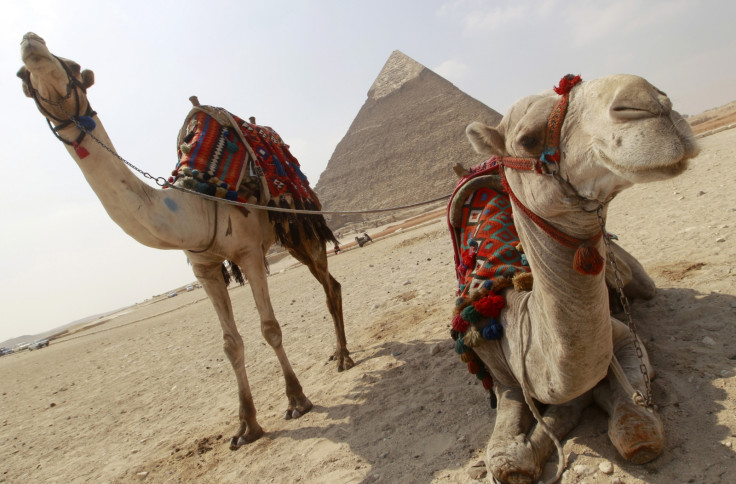MERS outbreak: Experts puzzled by virus jump from animals to humans in the Middle East

With nine deaths and 108 cases of the Middle East Respiratory Syndrome (MERS) outbreak, the situation in South Korea is not worrying experts as much as the poorly understood transmission of the virus from animals to humans seen in the Middle East.
"The focus on South Korea would be better directed towards Saudi Arabia," says David Heymann, a researcher at the London School of Hygiene and Tropical Medicine and chair of Public Health England adding that "[we need] to stop the cases that continue to spark new outbreaks at the source."
Most of the new cases in South Korea are not as worrying as they have clear transmission routes from the initial infection, says Ian Lipkin, another specialist at Columbia University in New York.
In the Middle East, the virus continues to jump from camels to humans, but how this is happening is not understood, reports Nature.
Heymann, who in 2003 led the global effort against severe acute respiratory syndrome (SARS), says that authorities in the Middle East should investigate the virus leap to see if it was happening by contact with animal carcasses or bodily fluids, or consuming camel milk or urine, or if bat colonies are implicated.
Lifestyle risks
Another puzzle has been the lack of human cases from African countries with large camel populations.
Somalia has seven million camels, and Kenya three million, dwarfing Saudi Arabia's population of 260,000.
"MERS is circulating in camels in many parts of Africa," says WHO's Ben Embarek, "So camel-wise, it's the same picture as in the Middle East," he adds.
It is either that cases are going undetected because of poor surveillance or that MERS infections tend to become serious only in people with diseases that result from modern lifestyles, such as diabetes, more common in Saudi Arabia.
The World Health Organization (WHO) has recommended that people avoid close contact with animals, especially camels, and follow hand-washing after any such contact.
A recent case in Oman was traced to the patient's close contact with camels.
A WHO statement on its website cautions: "Food hygiene practices should be observed. People should avoid drinking raw camel milk or camel urine, or eating meat that has not been properly cooked."
As of early June, 1,179 cases of MERS have been confirmed in 25 countries, with 448 deaths reported, according to WHO.
Slow response blamed
The rapid spread of MERS in South Korea has surprised experts, but is being blamed on the slow speed of response.
Unlike in 2003, when the country clamped down on a SARS outbreak quickly, it took nine days before the first MERS patient was diagnosed with the virus in South Korea, allowing transmission during the period.
Not releasing the names of hospitals treating the patients also compounded the problem.
All the deaths in South Korea have been of those already suffering serious ailments and all cases have been linked to hospitals, the health ministry said on Wednesday.
Chances of a pandemic arise when new cases are found outside the contact circle, indicating the virus has mutated. Genetic sequencing has not revealed any major mutation.
MERS is contracted through close contact with an ill person, according to the U.S. Centers for Disease Control and Prevention. It does not spread easily through the air as the virus infects deep recesses of the lungs and can't be coughed out except in medical procedures.
Those with pre-existing conditions including diabetes, renal failure and chronic lung disease are considered to be at high-risk from MERS. The symptoms include fever, cough and breathing difficulties.
South Korea's infections have all been traced to a man who developed MERS after returning from a trip to the Middle East in early May, and was diagnosed much later by when he had made many contacts and possibly infected many.
Fear and public alarm have led to many schools being shut and authorities tracing quarantined people through their mobile phones.
Authorities have tightened quarantines, including sealing off a village of about 100 people in a southern province after a resident was diagnosed with MERS.
© Copyright IBTimes 2024. All rights reserved.





